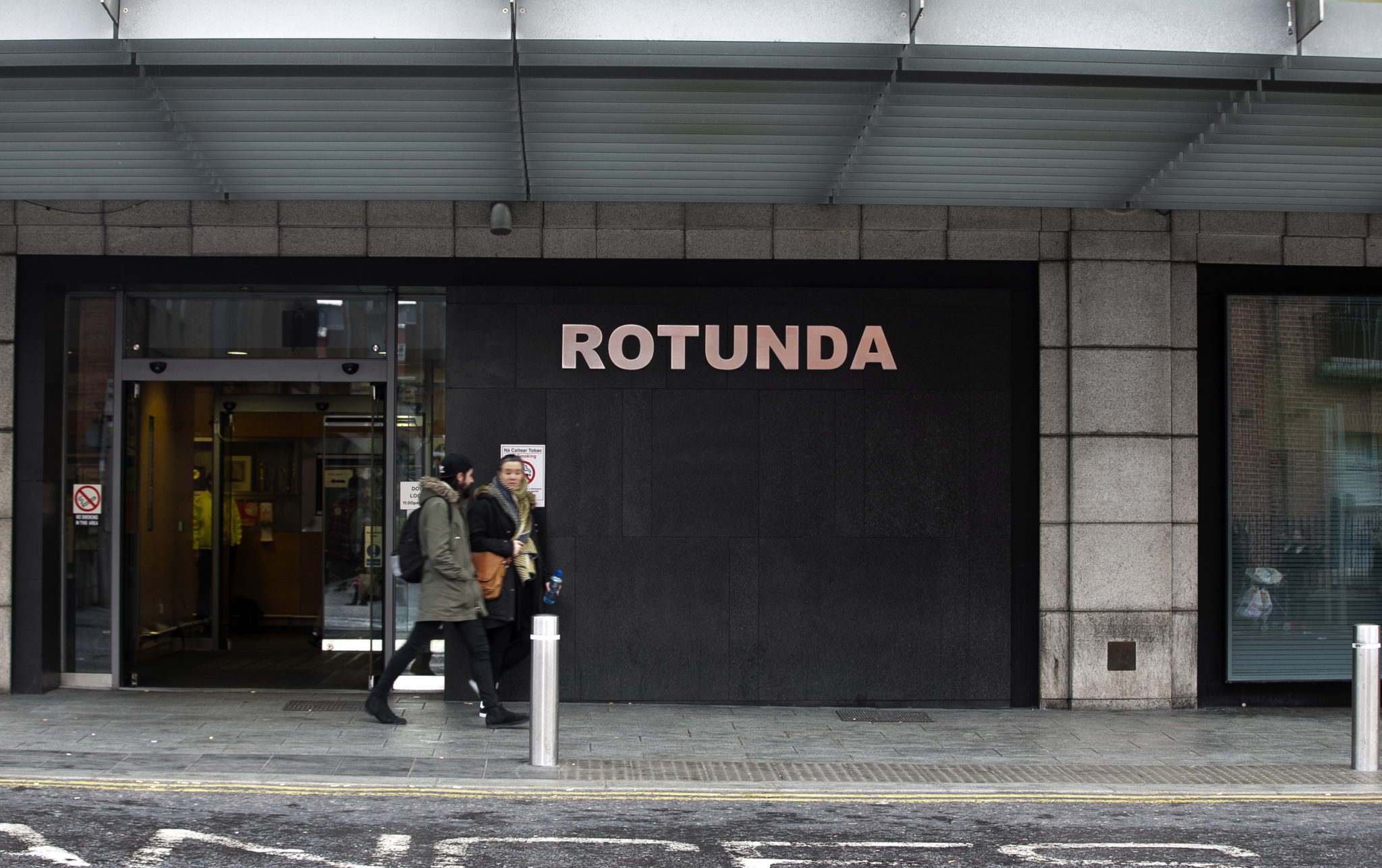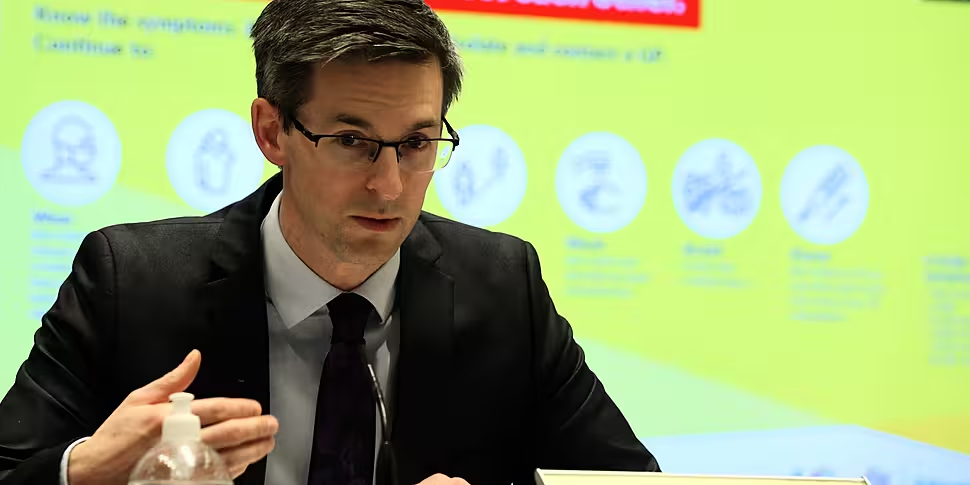Health officials have announced 437 new cases of coronavirus this evening.
No further deaths have been reported.
It means the death toll remains at 4,422 while the national case total has now hit 223,651.
Of the new cases announced this eve, 184 were in Dublin, with 31 in Limerick, 26 in Donegal, 20 in Galway, 18 in Offaly and the rest spread across all other counties.
"Hope"
The Deputy Chief Medical Officer Dr Ronan Glynn said a new survey suggests that compliance with basic public health guidelines remains “very high.”
“While levels of anxiety (36%) and boredom (38%) are understandably high, it is encouraging to see that a sense of hope continues to rise across the population with 48% of people reporting that they feel the worst of the pandemic is behind us,” he said.
“This hope is justified in the context of the continued improvement in the key indicators of the disease and with the ongoing rollout of the vaccination programme over the coming weeks; however, it is vital that this hope does not give way to complacency.
"Across Europe, countries are seeing a deteriorating picture and our own disease incidence remains high – we must do all we can to continue to suppress this virus and to ensure that as many people as possible get to benefit from vaccination over the coming months.
“Keep your guard up and hold firm.”
 The 14-day incidence of the coronavirus in Ireland. Image: Department of Health.
The 14-day incidence of the coronavirus in Ireland. Image: Department of Health.The 14-day incidence of the virus in Ireland now stands at 167 cases per 100,000 people.
Longford has the highest incidence in the country at 398.8, with Offaly in second, Westmeath in third and Dublin in fourth.
The seven-day incidence now stands at 71.2, while the five-day moving average is now 495.
This morning, there were 418 COVID-19 patients in Irish hospitals with 103 people in intensive care with their symptoms.
 Vaccine administration in Ireland. Image: Department of Health
Vaccine administration in Ireland. Image: Department of HealthAs of Friday, a total of 513,322 doses of coronavirus vaccine had been administered in Ireland.
Some 363,601 people had received their first dose with 149,721 people fully vaccinated.
Dr Cliona Murphy, Chair of the Institute of Obstetricians and Gynaecologists said people should disregard misinformation suggesting the vaccine can impact on fertility.
“We recommend that everyone of reproductive age should take the COVID-19 vaccine as it becomes available,” she said.
“We are aware of misinformation about risks associated with taking COVID-19 vaccines and an impact on fertility.
“There is no evidence that taking any of the COVID-19 vaccines affects a woman’s future ability to conceive, or to continue a pregnancy.”
 The entrance to the Rotunda Hospital in Dublin. Image: Sam Boal/RollingNews
The entrance to the Rotunda Hospital in Dublin. Image: Sam Boal/RollingNewsLast week, NPHET said it had received preliminary reports suggesting the virus may have been a factor in four recent stillbirths.
At the time, Dr Glynn said the link had yet to be confirmed and noted that there is no reason for pregnant women to change their behaviour.
The Master of the Rotunda Hospital later told Newstalk that there is no evidence of an increase in stillbirths since the coronavirus arrived in Ireland









